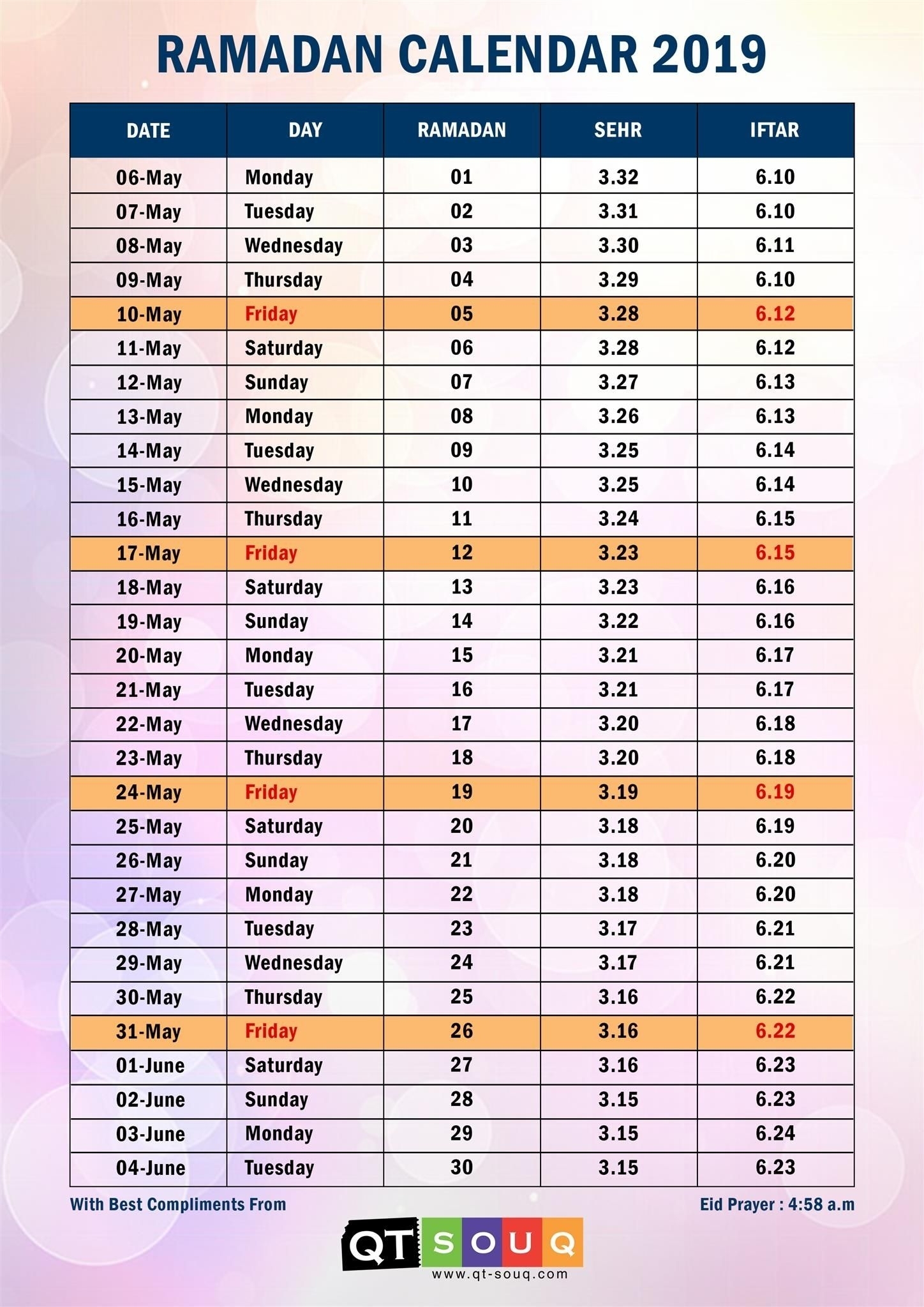Gallery
Photos from events, contest for the best costume, videos from master classes.
 |  |
 |  |
 |  |
 |  |
 |  |
 |  |
Here’s essential rules of Ramadan fasting that ensure the faithful observance of Ramadan fasting as prescribed by Islamic teachings. The requirements for Ramadan fasting mandate abstaining from dawn to sunset for healthy adults, with exemptions for certain groups. During the entire month of Ramadan, Muslims are obligated to fast (Arabic: صوم, sawm; Persian: روزہ, rozeh), every day from dawn to sunset. Fasting requires the abstinence from sex, food, drinking, and smoking. Muslims must have the intention to fast every night during the month of Ramadan. They also must abstain from acts that nullify the fast: eating, drinking, smoking, engaging in sexual intercourse, intentionally vomiting, menstruating, or bleeding during childbirth. 11 Rules of Fasting: What Should You Know for a Valid Ramadan Fast? For Muslims, one of the most significant religious obligations is to fast during the month of Ramadan. It involves more than just avoiding food and drink; it requires self-discipline, patience, and adherence to specific rules. There are sixteen things that can break one’s fast during Ramadan. These include engaging in the following, Fasting is the act of refraining from eating, drinking, and any sinful activity from dawn (sunrise) till dusk (sunset) for the sake of Allah SWT. Even if children are not required to fast, they can still participate in Ramadan by doing small fasts for a few hours, helping prepare food, or learning more about Islam. The Basic Rules of Fasting. Fasting is one of the most important acts of worship in Islam, and it requires self-discipline and commitment. The obligatory fasts include fasting in Ramadan and fasting as fulfillment of vows. Fasting on the two ‘Eids is forbidden. Recommended fasts include fasting six days of Shawwal, fasting on the 9 th and 10 th of Muharram, fasting three days of each month, and fasting every other day. Requirements for Fasting to Be Valid: Fasting is dependent upon two main components. The first and the most important component is niyah for fasting. It is important to sincere intention to fast for the sake of God every day before dawn. The daily fast in Ramadan includes abstaining from all food and drink – not even a sip of water is allowed – from dawn to sunset before breaking the fast in a meal known as “iftar” in Arabic. Those fasting are expected to also refrain from bad deeds, such as gossiping, and to increase good deeds. Fasting Obligation & Requirements. 3. What Does & Does not Break the Fast. 4. Fasting Exemptions & Kaffarah. Rajab, derived from the Arabic word “tarjīb” (تَرْجِيب) meaning “to respect” or “to honor,” stands as the seventh month in the Islamic lunar calendar. Fasting time will get longer as Ramadan progresses. Approximate timings in 2025 in PA and DE are: Beginning of Ramadan: 5:19 AM until 5:53 PM; End of Ramadan: 5:34 AM until 7:22 PM; About Ramadan: Ramadan is the ninth month of the Islamic lunar calendar, during which most Muslims observe religious fasting. Breaking the fast in Ramadan is permissible for four types of people: an ill person who would be harmed by fasting and the traveler who is permitted to shorten the prayer. For them, breaking the fast is preferable, and they should make up [for the number of days they did not fast], but if they fast, it will be valid. 7 - Kissing between husband and wife is allowed in fasting, but one should try to avoid it so that one may not do anything further that is forbidden during the fast. Requirements for Fasting to Be Valid. There are basically two main components of fasting: 1 - The intention (niyyah) for fasting. One should make a sincere intention to fast for (Please Click Here to know about the people who are exempt from Fasting during Ramadan) Muslims fast because Allah has commanded them to do so. However, they may also think about the benefits of fasting which may include developing control over hunger, thirst and sexual urges, training to be a good moral person and, testing sincerity to the The month lasts 29 or 30 days, depending on a sighting of the new moon to signal the start of Ramadan and then another moon sighting to determine the end of Ramadan and the start of the next month The physical fast takes place on a daily basis from sunrise to sunset. Before dawn, those observing Ramadan will gather for a pre-fast meal called the suhoor; at dusk, the fast will be broken with a meal called the iftar. Both meals may be communal, but the iftar is an especially social affair when extended families gather to eat and mosques Muslims celebrate and give thanks for the strength Allah imparted in them during fasting. Children receive presents and new clothes, and young girls may decorate their hands with henna. How to Offer Support: Wish your Muslim neighbors “Ramadan Mubarak” (Happy Ramadan) or “Ramadan Kareem” (may Ramadan be generous to you). You can also 7 Kissing between husbands and wives is permissible during the fast. However, it is best to stay clear of it to ensure that one does not engage in any other behaviour prohibited while fasting. Requirements for Fasting to Be Valid. There are two primary elements of fasting: 1. The goal (niyyah) to fast. Committing honestly to fasting for God’s Explore the significance of Ramadan, a sacred month for Muslims, and learn about the rules of fasting that are designed to be easy and merciful. The text discusses how the early generations earnestly prayed for the opportunity to witness Ramadan and how the Prophet Muhammad, peace be upon him, encouraged acts of worship during this blessed time. It outlines exemptions from fasting for Fasting during the month of Ramadan is one of the five pillars of Islam which is of paramount significance. The Prophet (peace and blessings be upon him) said, “Islam is built upon five pillars: testifying that there is no god except Allah and that Muhammad is the Messenger of Allah, performing Prayer, paying the Zakah, making the pilgrimage to the Sacred House (), and fasting the month of
Articles and news, personal stories, interviews with experts.
Photos from events, contest for the best costume, videos from master classes.
 |  |
 |  |
 |  |
 |  |
 |  |
 |  |